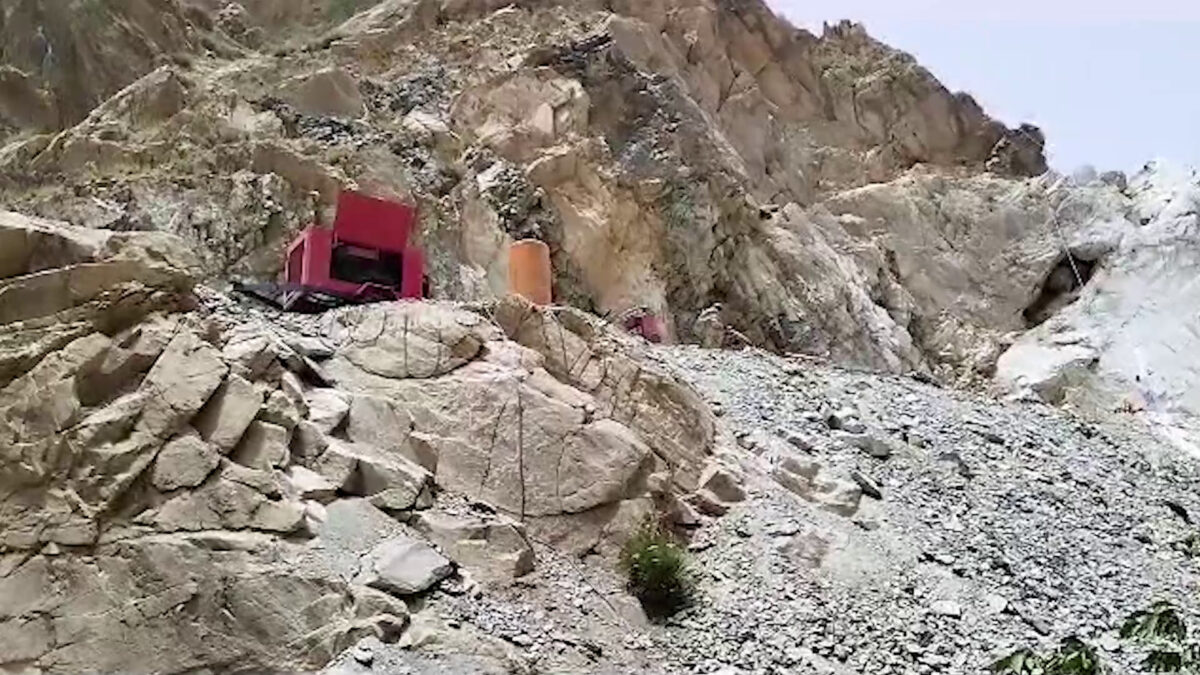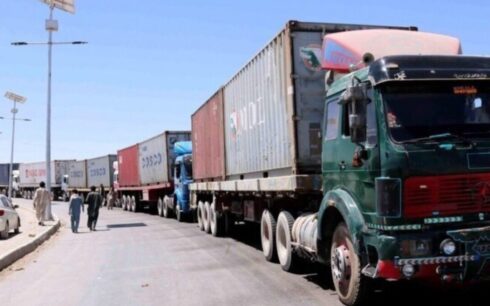In a bid to boost revenue, the Taliban has opted to relinquish control of Afghanistan’s lithium mines, which hold considerable value and are deemed one of the world’s most precious metals, to foreign entities.
Taliban’s acting minister of mines, Shahabuddin Delawar, announced on Monday that its leadership will soon decide on the matter and that several countries, including China, are vying for the contracts.
He further stated that he has formulated a process for control of precious stone mines, such as rubies and emeralds, for Panjshir and other provinces.
The tender for Afghanistan’s lithium mines would be open to European, Arab, and Chinese companies, many of which have already arrived in Kabul to express their interest in acquiring the mines, he added.
“We acknowledge that all countries are in need of such resources, and these resources are abundant in Afghanistan. A decision will be reached soon,” Delawar stated. “Our priority is to allocate the lithium mines to those with the necessary financial and technical capabilities.”
In April, representatives from Gochin China Company engaged in discussions with Delawar in pursuit of securing the lithium contract in Afghanistan.
During this engagement, the Taliban’s Ministry of Mines revealed that the company had pledged a significant investment of $10 billion in Afghanistan’s lithium mines to secure the contract.
Beyond the lithium mines, the Taliban has also outlined the procedures for transferring control of precious and semi-precious stone mines.
Delawar disclosed that the majority of deposits of these valuable stones, including rubies and emeralds, are located in provinces such as Panjshir, Badakhshan, Nuristan, Nangarhar, Laghman, Kapisa, and Logar.
“When managed efficiently, we anticipate exports of over $1 billion,” he added.
Since taking over power, the Taliban has already transferred ownership of 100 small mines in sectors such as marble, gypsum, travertine, lead and zinc, fluoride, calcium, nephrite, and chromite to private companies.
“We are closely monitoring at least 200 active contracts in small-scale mining,” stated Humayun Afghan, a spokesperson for the Taliban’s Ministry of Mines and Petroleum.
Taliban’s acting minister of mines revealed that a significant portion of their funding, used to cover expenses for the Taliban’s ministries of defense, interior, and intelligence department, is derived from revenue generated through mining operations.





